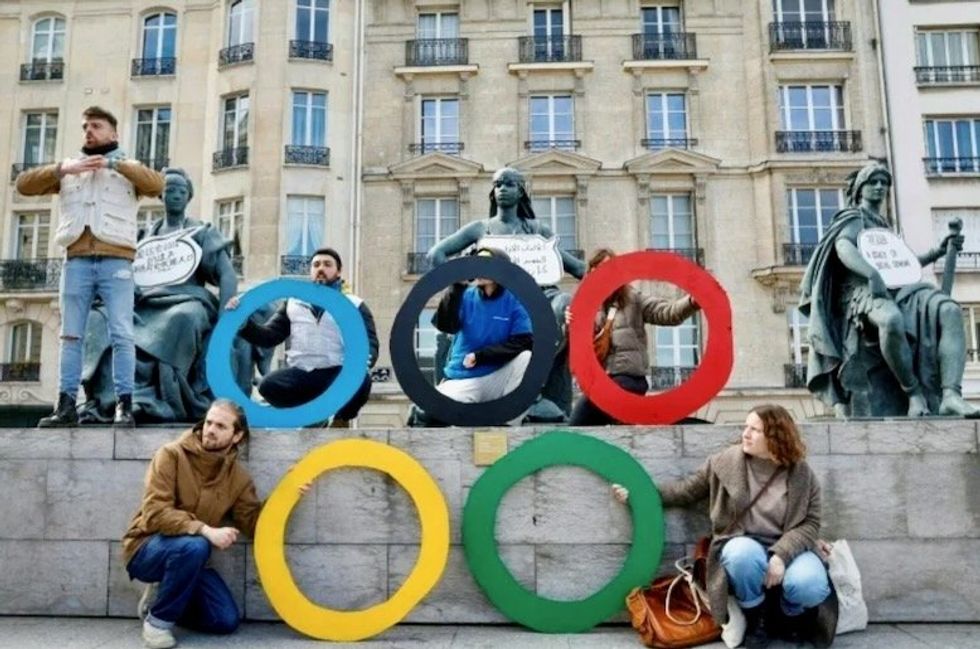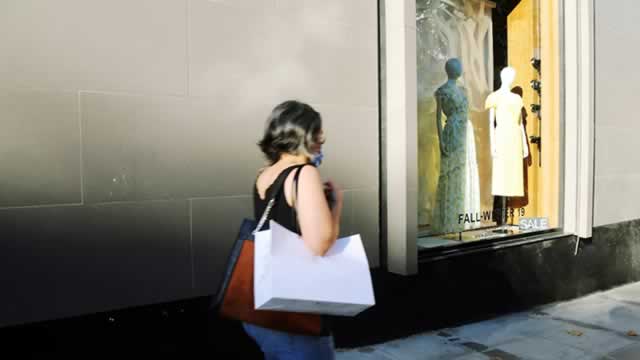A Year of Social Cleansing: Paris Olympics Criticized by French Charities
A Case of Deja Vu
A collective of French charities, known as “The Other Side of the Medal”, has raised concerns over the Paris Olympics, accusing organisers of carrying out a “year of social cleansing” in the capital. The group, consisting of 80 different charities, has pointed out a disturbing trend in which migrants, squatters, the homeless, and sex workers are being targeted and marginalized in the run-up to the Games. This is not the first time such allegations have been made against Olympic host cities, raising questions about the true legacy of these mega sporting events.
A Familiar Playbook
In their latest report, the charities highlight how Paris is following a familiar playbook seen in previous Olympic host cities. The crackdown on vulnerable populations is often justified in the name of “urban renewal” and “public safety”, but it ultimately leads to the displacement and exclusion of already marginalized groups. The promise of economic development and infrastructure improvements often comes at a steep price for those who are pushed to the fringes of society.
The Human Cost
The impact of this “social cleansing” goes far beyond the immediate displacement of individuals. It represents a broader erosion of social solidarity and a reinforcement of systemic inequality. By prioritizing the interests of developers and investors over the well-being of its most vulnerable citizens, Paris risks losing its soul in the pursuit of global prestige. The true measure of success for the Olympics should not be shiny new stadiums, but rather the inclusivity and social cohesion of the host city.
Impact on Individuals
For individuals directly affected by the social cleansing policies of the Paris Olympics, the consequences can be devastating. Migrants, squatters, the homeless, and sex workers are already among the most marginalized and vulnerable members of society, and facing further crackdowns only exacerbates their precarious situations. The loss of community, security, and dignity can have long-lasting effects on their well-being and sense of belonging.
Global Ramifications
On a global scale, the actions of the Paris Olympics organisers set a dangerous precedent for future host cities. By prioritizing profit over people, and prestige over principles, the Olympics risk becoming symbols of exclusion and inequality. Instead of uniting the world in the spirit of friendly competition, these mega events serve to reinforce existing power structures and perpetuate social injustices. The legacy of the Olympics should be one of empowerment and inclusion, not displacement and discrimination.
In Conclusion
As the Paris Olympics approach, it is crucial to reflect on the true cost of hosting such mega events. The allegations of “social cleansing” levied by French charities should serve as a wake-up call to organisers and policymakers alike. The impact of these policies extends far beyond the boundaries of the host city, shaping the narrative of inclusion and equity on a global scale. The true measure of success for the Olympics should not be gold medals or record-breaking performances, but rather the legacy of social justice and solidarity left in their wake.





